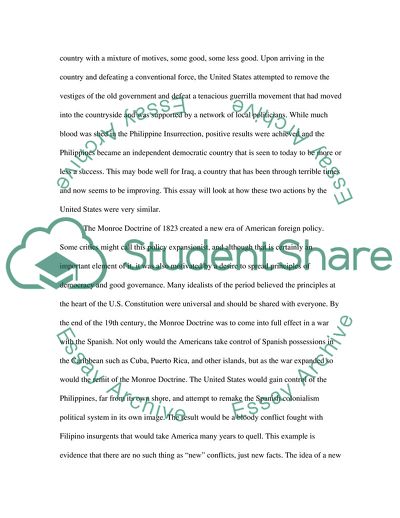Cite this document
(New Wars as a Meaningful Category for Understanding International Coursework, n.d.)
New Wars as a Meaningful Category for Understanding International Coursework. Retrieved from https://studentshare.org/military/1744945-international-security
New Wars as a Meaningful Category for Understanding International Coursework. Retrieved from https://studentshare.org/military/1744945-international-security
(New Wars As a Meaningful Category for Understanding International Coursework)
New Wars As a Meaningful Category for Understanding International Coursework. https://studentshare.org/military/1744945-international-security.
New Wars As a Meaningful Category for Understanding International Coursework. https://studentshare.org/military/1744945-international-security.
“New Wars As a Meaningful Category for Understanding International Coursework”. https://studentshare.org/military/1744945-international-security.


